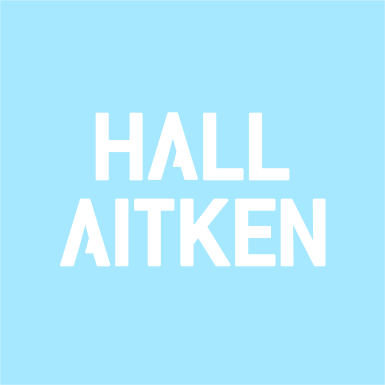National Deaf Children’s Society: evaluating early years courses
Because of our work, NDCS developed a clear and useful understanding of the need for its work and the benefits it brings to deaf children. This evaluated approach supported service development and bids for funding.
The National Deaf Children's Society (NDCS) is the leading charity dedicated to creating a world without barriers for deaf children and young people. Its visions and values reflect the fact that is essentially a parents' organisation, dedicated to the needs of all deaf children, their families and carers. They provide a seamless service supporting families with deaf children from birth to aged 25.
The NDCS set up support projects for new parents of very young deaf children. They ran family weekends covering topics such as audiology, communication, education and parenting and needed to know how helpful these weekends were.
Stage one: evaluating helpfulness. We developed a set of monitoring tools to help NDCS gauge the impact and outcomes of the courses. The tools gathered data by tracking surveys and stories of change. We analysed the data to demonstrate the courses’ short-term, medium-term and long-term outcomes.
Stage two: recognising all the impacts. We found that NDCS’s courses were very successful; not only for the parents and their deaf children attending the course, but also for other siblings and wider family members.
Research findings showed highly valuable peer support is to parents and many have continued to meet with each other out with the course’s structure.
Parents also commented on the difference meeting a deaf adult made to their perceptions of their child’s future.
The children themselves showed improved social and emotional behaviour, which will help them engage effectively in future learning.
Stage three: the future. NDCS used the results of the evaluation to show the clear need for these courses and the benefits that they offer. This will form the basis of a funding bids to support the roll-out of the courses to other areas of Scotland. The charity will also look to new ways to deliver elements of the courses’ content, such as incorporating them into health visitors’ regular contact with families.
